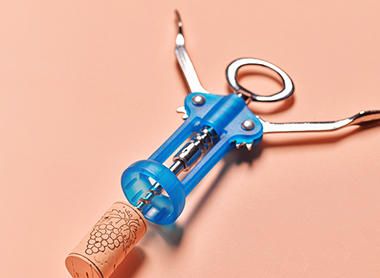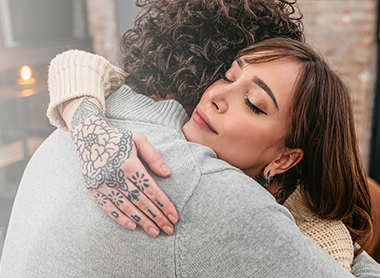what are the causes of addiction
Discover the complex and varied causes behind addictive behaviour, from psychological factors to environmental triggers, and learn how habits can escalate into addiction.
Are your daily routines just habits or something more concerning? Can a habit turn into an addiction, and how can you tell the difference? With 1 in 10 accountants sharing with us that their drinking habits have negatively impacted their life, we explore the distinction between a habit and an addiction...
In association with our partner psychologists, Psych Health.
Have you ever noticed that there are certain things you do without even thinking about them? Like brushing your teeth before bed or grabbing a snack when you feel hungry? Those are some examples of habits.
But can a habit turn into something more serious, like an addiction? And is it always possible to tell the difference? Let’s take a look.
A habit is a behaviour or action you do regularly, often unconsciously, resulting from repeated actions or experiences. When you do something repeatedly, your brain starts forming pathways that make that action easier. Eventually, it becomes automatic and you no longer have to think about it.
Habits can be good or bad, depending on what the behaviour is.
For example, exercising regularly or eating healthy foods are good habits that can improve your health and wellbeing. On the other hand, social smoking or biting your nails are bad habits that can negatively affect your health or appearance.
The good news is that you can change your habits. Of course, it will take effort and consistency, but you can break bad habits through practice. So, whether you want to start exercising more, eat a balanced diet, or quit smoking socially, there is always time to begin forming new habits that will benefit you in the long run.
Habits can be a pathway to addiction. So, it’s important to assess your behaviours or substance use honestly to understand whether it’s a habit you can withhold or possibly something more serious.
You may find it helpful to ask yourself:
This could be relaxation, to prove a point, or to escape from your struggles and complicated feelings such as anxiety, loneliness, or boredom.
Once you notice why you formed a bad habit, you can find a healthy substitute to replace them.
Think of what motivates you to succeed. Is it rewards? Viewing your progress on a chart or map? To break bad habits, the process must be personalised to you.
Remember, you might make mistakes when trying to break bad habits, but don't be hard on yourself or lose hope. You will get there.
There are plenty of benefits to practising daily mindfulness, and it isn't just about relaxation but also about building awareness of ourselves. So often, habits are routine, and we do them mindlessly. Your growing awareness will help you catch the patterns earlier and take steps to prevent the bad habits.
Mindfulness can also support you in diverting your attention, like fitness or creating art. With habits, our choices will be biased toward the favoured behaviour, as our brains love the shortcut. To break bad habits, you want to override that response and refocus your attention on a healthy habit you enjoy.
Are you feeling worried that an existing habit might be developing into an addiction?
If you’re looking for support in overcoming addiction, read our in-depth guide below.

Discover the complex and varied causes behind addictive behaviour, from psychological factors to environmental triggers, and learn how habits can escalate into addiction.

Are your daily routines just habits or something more concerning? Can a habit turn into an addiction, and how can you tell the difference? With 1 in 10 accountants sharing with us that their drinking habits have negatively impacted their life, we explore the distinction between a habit and an addiction...

Being part of someone’s support network is incredibly brave and thoughtful, but we understand this can have challenging effects on your own health. We’re here to help you navigate your emotions and recognise that looking after yourself is just as important as helping someone you care about.

Addiction is a difficult journey, but it's not impossible to overcome. In this article, we'll explore where to find help and the steps you can take to recover from addiction.
We support past and present members of the Institute of Chartered Accountants of England and Wales (ICAEW), ACA students, ICAEW staff members, and the family and carers of members and students.
You can find out more about our available support both in the UK and around the world on our support we offer page and by using our interactive eligibility tool.
If you need financial support, we carry out a means test where we consider income, expenditure, capital and assets.
*Please note none of our other services are means-tested.